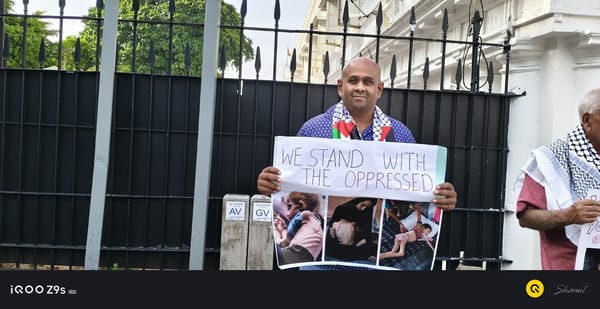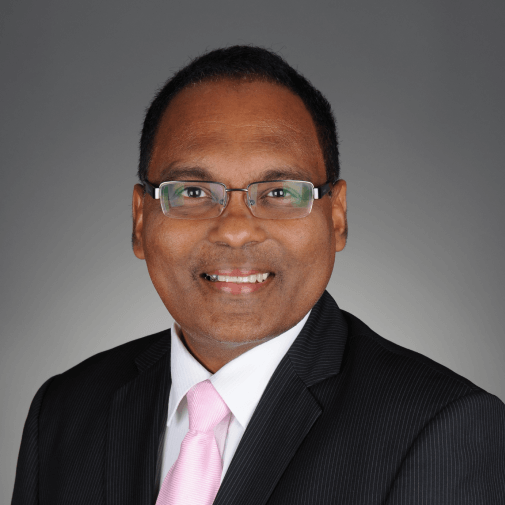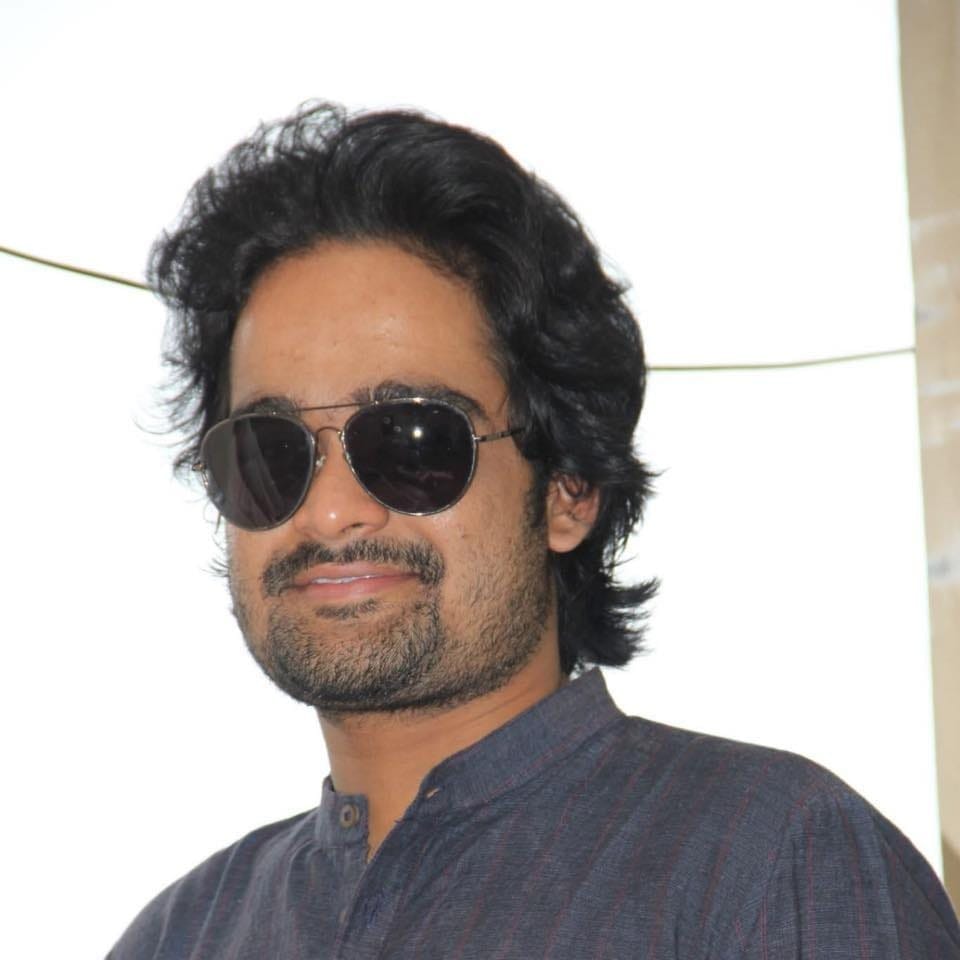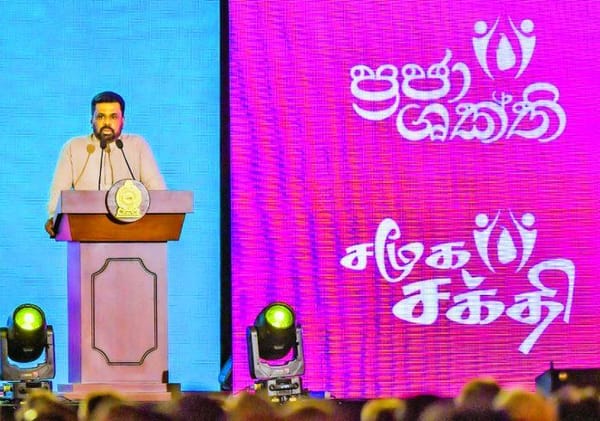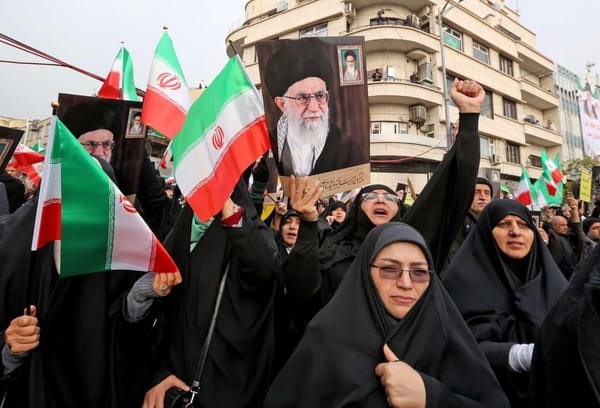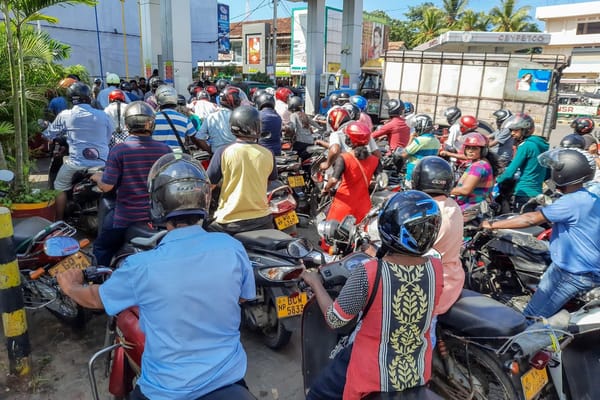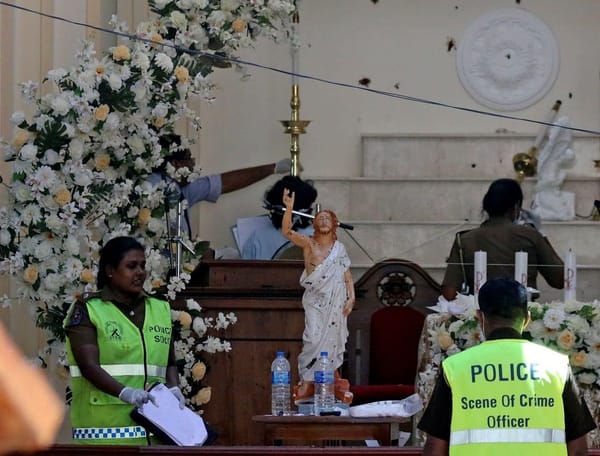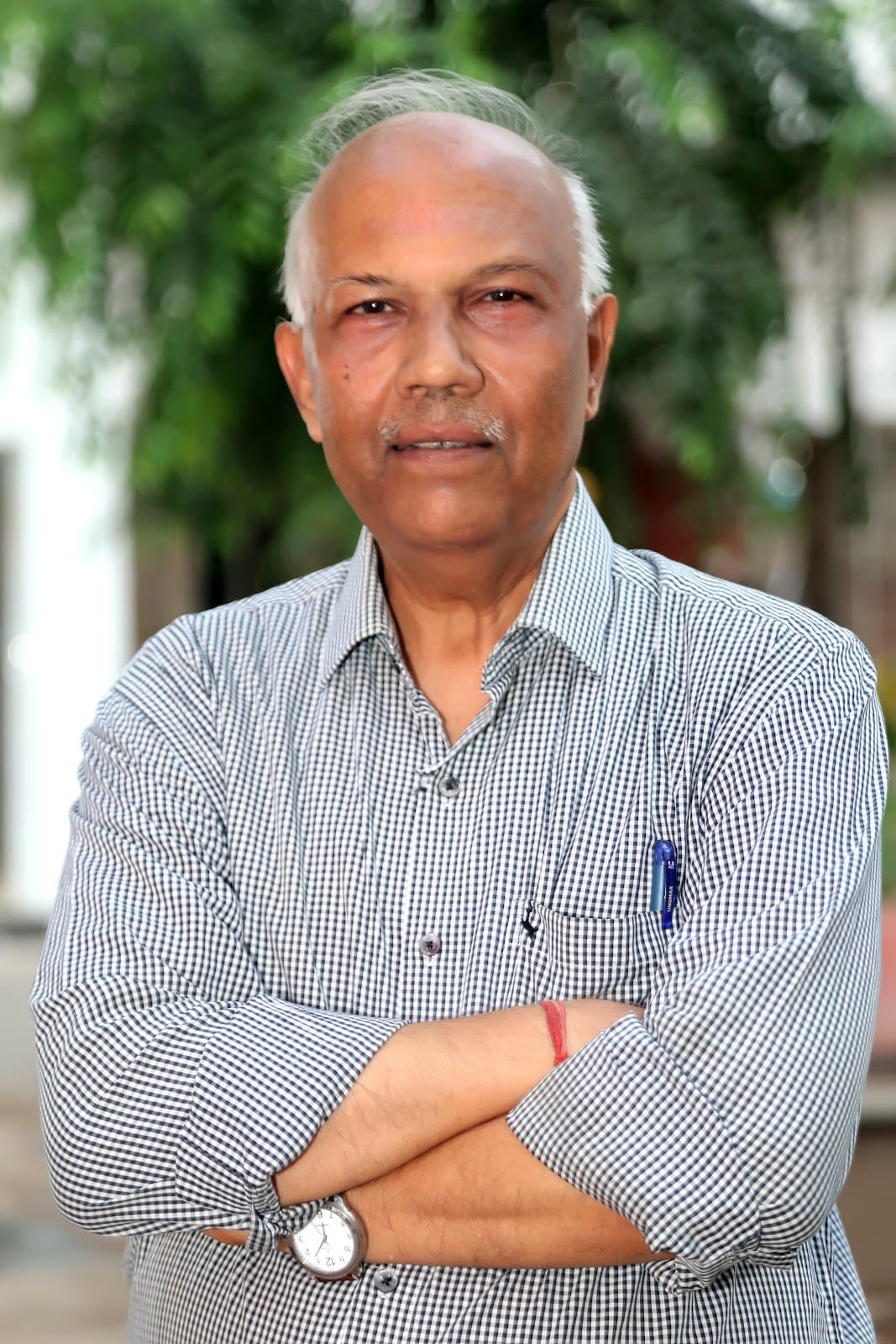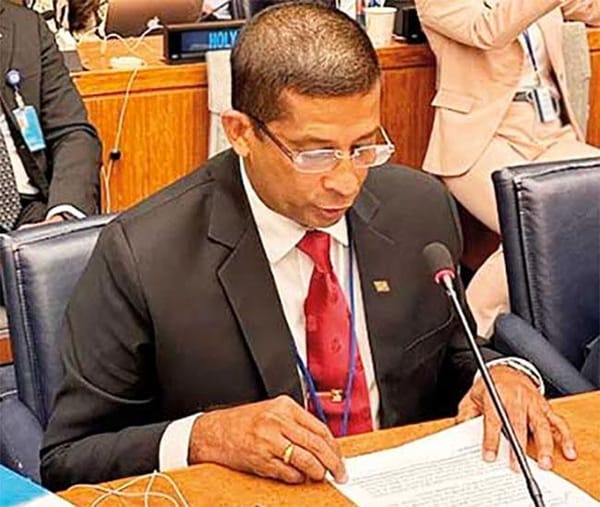Introduction
Sri Lanka is not an exception to the global trend of politicising and radicalising Muslim communities in response to conflicts unfolding far beyond its borders. Events in Afghanistan, Iraq, Syria, and now Gaza have all influenced and shaped the political and ideological landscape of Sri Lankan Muslims. No foreign armed conflict has left a more indelible mark than the war in Gaza, triggered by the devastating Hamas attack of October 7, 2023. Hamas — a brutal terrorist organisation — carried out mass killings, maimings, arson, hostage-taking, sexual violence, and other atrocities against civilians on that day.
Nonetheless, Israel’s overwhelming military response has eroded public support for dismantling Hamas and other terrorist groups and for releasing its hostages. Like all terrorist groups, Hamas also uses civilians as human shields. It uses schools, hospitals, and places of worship to hide and launch attacks. This has resulted in high numbers of civilian deaths and injuries.
Threats to Sri Lanka — from separatism to religious extremism and narcotics — originate from overseas. Although mainstream Sri Lankans do not wish to import a conflict from the Middle East and create another conflict at home, a few dozen Sri Lankans are doing exactly that. They act either out of ignorance or for personal and political gain. In doing so, they inflict enormous damage on Sri Lanka’s social cohesion, investment, and tourism. Both the government and Muslim leaders should recognise the harm these protests are causing to Sri Lankan society, the community, and their own faith.
The Context
When Al Qaeda, led by Osama bin Laden, attacked America’s iconic targets, Salafi Wahhabi Muslims in Sri Lanka celebrated the fall of the Twin Towers. When the Buddha images of Bamiyan were destroyed by the Taliban, a Salafi Wahhabi teacher at a prominent Muslim international school cheered before her students.
When the so-called caliph Abu Bakr al-Baghdadi proclaimed a caliphate in Iraq and Syria, 42 Sri Lankans — led by the Salafi Wahhabi leader Mohamed Muhsin Sharfaz Nilam, also known as Abu Shurayh al-Silani — joined the Islamic State.
Similarly, Jamaat-e-Islami student-wing leader Sadiq Abdul Haq travelled to Iraq and Syria and received training from an Al Qaeda-affiliated group. Upon his return, Sadiq Abdul Haq joined Zahran Hashim, the leader of the Islamic State Sri Lanka Branch, and together with members of the Sri Lanka Islamic Student Movement vandalised images of the Buddha, Mother Mary, Ganesh, and Kataragama Deviyo in December 2018.
What is apparent is that if Sri Lankans participate in armed conflicts overseas or import them into the country, they will bring insecurity to Sri Lanka. If Sri Lankans are wise, they will safeguard their nation from radical ideologies such as Salafi Wahhabism, Jamaat-e-Islami, and the Muslim Brotherhood — all of which have already established a foothold.
Al Qaeda staged the 9/11 attacks in 2001 on American soil — the deadliest act of international terrorism. Hamas carried out the second-worst attack on Israeli soil on October 7, 2023. The Islamic State was responsible for the Easter Sunday attacks in 2019 on Sri Lankan soil — the third worst act of international terrorism. Government leaders have a responsibility to prevent foreign interference, including the flow of foreign funds driving these protests. Such protests will only serve to radicalise and mobilise Sri Lankans toward hatred and violence, thereby undermining the peaceful coexistence of the nation’s communities.
Background
Engineered Uprising: Networks, Narratives, and Political Impact
Since the Hamas-led massacre of October 7–8, 2023, which sparked a devastating war in Gaza, Israel’s overwhelming response has galvanised both Muslims and non-Muslims worldwide. The campaign strategy of this global uprising — or Global Intifada — is spearheaded by the Muslim Brotherhood and its Palestinian branch, Hamas. Both the war in Gaza and the propaganda efforts of Hamas and its sponsors have successfully politicised, radicalised, and mobilised a movement of Muslims and non-Muslims against Israel and its actions. Although the pro-Palestinian movement may appear organic and spontaneous, the channels driving the Global Intifada are heavily influenced by Hamas, which maintains offices overseas.
Despite differences in their views, Hamas works with a range of actors to direct, guide, and drive the campaign strategy. The globalisation of the war in Gaza by Hamas and its supporters has successfully turned segments of societies against their own governments’ support for Israel.
With political leaders subjected to constituency pressure and funding from Hamas sponsors, some have even agreed to recognise Palestinian statehood — despite Israel and its steadfast supporter, the United States, stating that recognising a Palestinian state in the aftermath of a terrorist attack would be seen as a reward.
Activities in Sri Lanka
Since October 9, 2023, Colombo has seen at least two dozen pro-Palestinian protests. Key events include:
- Oct 9, 2023 – Dawatagaha Jumma Masjid, Colombo 7: Protest against Israeli actions after October 7, with placards reading “Stop the Genocide” and “Stop ‘Israel’ State Terrorism.” Organisers: Samagi Jana Balawegaya (SJB) and allies — a major opposition party supporting Palestine in line with Sri Lanka’s non-aligned policy.
- Oct 13, 2023 – Dawatagaha Jumma Masjid: Multilingual placards repeating Oct 9 messages, in response to escalating Gaza violence. Organisers: Friends of Free Palestine — grassroots, non-partisan, multilingual, aligned with Sri Lanka’s two-state stance at the UN.
- Oct 16, 2023 – UN Offices, Colombo: Similar multilingual placards; continuation of Oct 9/13 themes. Organisers: Friends of Free Palestine.
- Oct 18, 2023 – Palestinian Representative Office: Hundreds marched after the Al Ahli hospital bombing, delivering a letter to the UN mission head; chants for Palestinian freedom. Organisers: Socialist Youth Union (JVP-affiliated) and Sri Lanka Journalists for Global Justice.
- Oct 31, 2023 – All Ceylon Buddhist Congress: Interfaith protest with Buddhist, Christian, and Muslim leaders; slogans included “Free Palestine” and “From the River to the Sea.” Organisers: World Buddhist Federation, ACJU, and Friends of Palestine.
- Nov 9, 2023 – Fort Railway Station: Part of a global day of action; placards such as “Stop Israel’s genocide in Gaza Strip” distributed alongside WSWS statements. Organisers: Socialist Equality Party (SEP) and IYSSE.
- Nov 24, 2023 – US Embassy, Colombo 3: Protest with images of Biden and Netanyahu; dummy bodies symbolised child victims. Organisers: Frontline Socialist Party (FSP) and Friends of Palestine.
- Nov 29, 2023 – BMICH: UN Solidarity Day for Palestine. Organisers: Sri Lanka Committee for Solidarity with Palestine.
- May 13, 2024 – Liberty Plaza, Colombo: Protest march past Temple Trees with some opposition politicians. Organisers: SJB and Friends of Palestine.
- Feb 18, 2025 – US Embassy: Marking 500 days since conflict began; letter delivered to US Ambassador Julie Chung. Organisers: Free Palestine Movement of Sri Lanka — grassroots, broad-based.
- Apr 23, 2025 – Fort Railway Station: Rally against ongoing Gaza conflict. Organisers: Friends of Palestine and People’s Movement Against Genocide in Palestine.
- June 9, 2025 – Liberty Roundabout: Solidarity protest for Palestine with civil society and people’s movements. Organisers: Free Palestine Movement and Jana Aragala Vyaparaya.
- June 24, 2025 – Independence Square: March in solidarity with Palestine. Organiser: Socialist Youth Union.
- July 28, 2025 – Janadhipathi Mawatha: Protest against “free visas for war criminals” under policy granting visa-free entry to 40 nations, including Israel; cited Geneva Convention obligations. Organiser: Free Palestine Movement.
- Aug 5, 2025 – Presidential Secretariat: Call to revoke visa-free policy for Israeli nationals. Organiser: Free Palestine Movement.
- Aug 15, 2025 – Senanayaka Junction to Campbell Park: Rally against displacement of 200M people (global event). Organiser: Sri Lanka Unite for Palestine.
The link between Protests and Violence
A pro-Palestinian resistance network demanded attacks on Jews everywhere as well as companies, media figures, and politicians who back Israel, and inciting strikes on religious sites, charged that Chabad houses are "terrorist recruitment centers."
According to SITE Intelligence Group, the world’s leading open source intelligence provider, the administrator of the pro-Palestinian resistance network, which operates as a channel and group chat, posted an English call to arms on August 13, 2025. The pro-Palestinian resistance network declared that Israel must pay for its "crimes" and activists must take action. The desired actions, he wrote, are extremely violent and include burning embassies, killing Jews, kidnapping and executing politicians and journalists who "enable the genocide." He also called to attack the facilities of companies that support Israel, and for activists in the Middle East to oust Arab regimes and destroy oil pipelines and shipping facilities.
Below is a copy of the message:
The Jewish state must pay for it's crimes. No one will hold them responsible, other than Allah SWT and the brave resistance fighters who have been screaming relentlessly for the masses to take action before it's too late. What the hell are you waiting for?
Burn their embassies in every country, kill them wherever you find them. Expel them from where they expelled you, a Chabad center is not a temple but a terrorist recruitment center, and it is not Haram to destroy a military target. Destroy the facilities of the companies that support the entity, execute and kidnap the politicians and media figures who enable the genocide, topple the traitor Arab regimes, destroy their oil pipelines and shipping facilities.
There are no red lines.
The Future
The government did not grasp the impact of the protests on the Muslim community. There was no call for the release of the 251 hostages. There was no condemnation of the massacre staged by Hamas. Lacking an understanding of both the Hamas massacre and the continued holding of hostages, government leaders allowed the protests to continue.
The new government in Sri Lanka was inexperienced, and this vulnerability was exploited by a few foreign governments. As Sri Lanka has no law on foreign interference, Sri Lankans were recruited to carry out lobbying campaigns and protests.
The most brazen example was a terrorist plot organised by Iran’s intelligence service, the Islamic Revolutionary Guard Corps (IRGC). The IRGC recruited both Sri Lankans and foreigners to attack two locations in Sri Lanka: Arugam Bay, a popular tourist destination, and the Israeli Consulate in Colombo. Had this attack succeeded, it would have crippled Sri Lanka’s tourism industry and potentially driven the country back into bankruptcy. Sri Lanka must prioritise its national and strategic interests, and Sri Lankans should not allow themselves to be influenced by foreign agendas.
The Sri Lankan government must wake up to these threats and act swiftly, strengthening its security, closing legal loopholes, and preventing foreign manipulation before it is too late, as it was in the lead-up to the Easter Sunday massacre of 2019.
Rohan Gunaratna is the editor of the Handbook of Terrorism in the Middle East.
Note: Opinion pieces appearing in Jaffna Monitor represent solely the views of their respective authors and should not be construed as reflecting the editorial position of the magazine.

